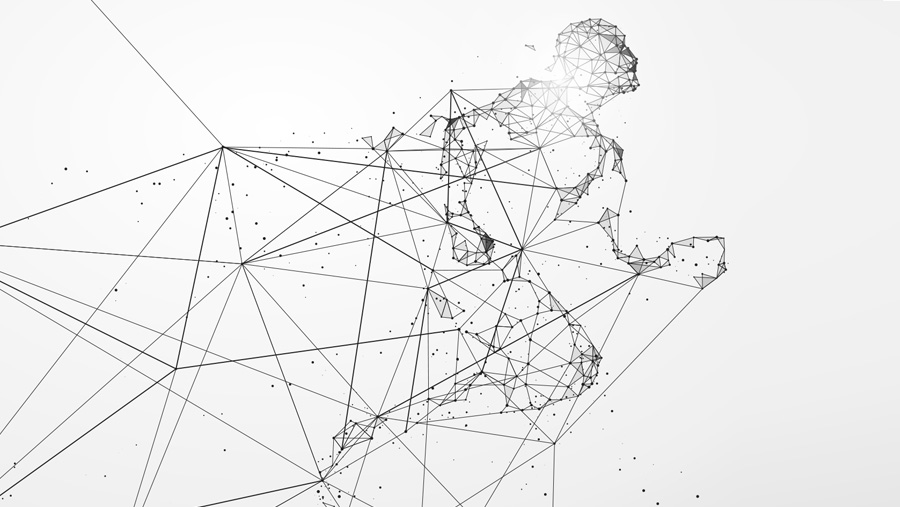[vc_row][vc_column][vc_column_text]
By Bradford F. Spencer, Ph.D.
Too many of us seek futures that are simply a re-run of our past. We may find a slightly different cast of characters and vocations, but the end of our movies are strikingly similar and all too predictable. We at DoorTwo find many individuals in organizations not inventing creative futures as they claim to be attempting to do, but rather reliving almost identical pasts.
Some of the more important concepts to consider when “inventing the future” are:
- Self-Fulfilling Prophecy
This is a very powerful and proven principle. It is not simply coincidence or predictions about people that are accurate, but the behaviors we each exhibit, while very subtle and often unconscious, have a way of inviting the outcomes we are after. Therefore, an employee who is highly confident and works very well under one manager, can somehow appear to be an ignorant under-producer with another manager. When this happens, in all probability there is a Self-Fulfilling Prophecy involved. This is not an isolated case in the manager’s life, but is merely a recreation of the past, where the employee is not allowed to rethink and creatively invent a new future. - Goal-Setting
This may seem like a ho-hum item to include in a discussion of “inventing the future,” but research is very clear that those with goals are most likely to accomplish more and be more satisfied that those without. That being the case, in what areas of your life do you have clear goals and in what areas do you allow yourself to be adrift and unhappy with the outcomes?
There is, however, a downfall here if we are really looking to invent a new future. Too often, we set goals based upon what worked in the past, but miss out on the creation of new experiences. In order to change this mindset, we must clearly get in touch with what we want to be different, not simply bigger or better versions of what we currently have. - World View
Our world view or mental model (as in Peter Senge’s systems theory) is the framework from which we view things. Some individuals view the world through rose-colored glasses while others see like in different shades. The shade of glasses will determine how the world appears and will then dictate a series of behaviors in response.
It is very difficult for one to step back and understand their true world view without a third party’s perspective. We must seek out someone who will give honest feedback to the questions we have, not set out to change or create a new world view for us. Throughout the years, we have become quite experienced at rejecting others’ world view for our own. If we could only learn to discuss our world views with each other in “true dialogue,” we might learn something and become more effective at what we do.
The above rings true for most when we relate it to individuals, but it is less clear when related to organizations. Like people, organizations also acquire personality set and behavior traits. While they may be collective of the organization’s history or an imprint of a very strong leader, there are nevertheless set patters. When we look to truly renew an organization, we must look to divorce the history of the set patterns and look to what is needed (usually as dictated by the customer) to redefine success. This is very difficult in light of our experience and the fact that many of us do much of our work not to satisfy the customer, but a boss, co-worker, or our own needs.
The way organizations and individuals find themselves free from pain is not to be given solutions (regardless of their accuracy), but to be open to asking the questions which will give them the ability to invent new futures and avoid recreating refined versions of their past. How open are you to these questions?
[/vc_column_text][/vc_column][/vc_row]

